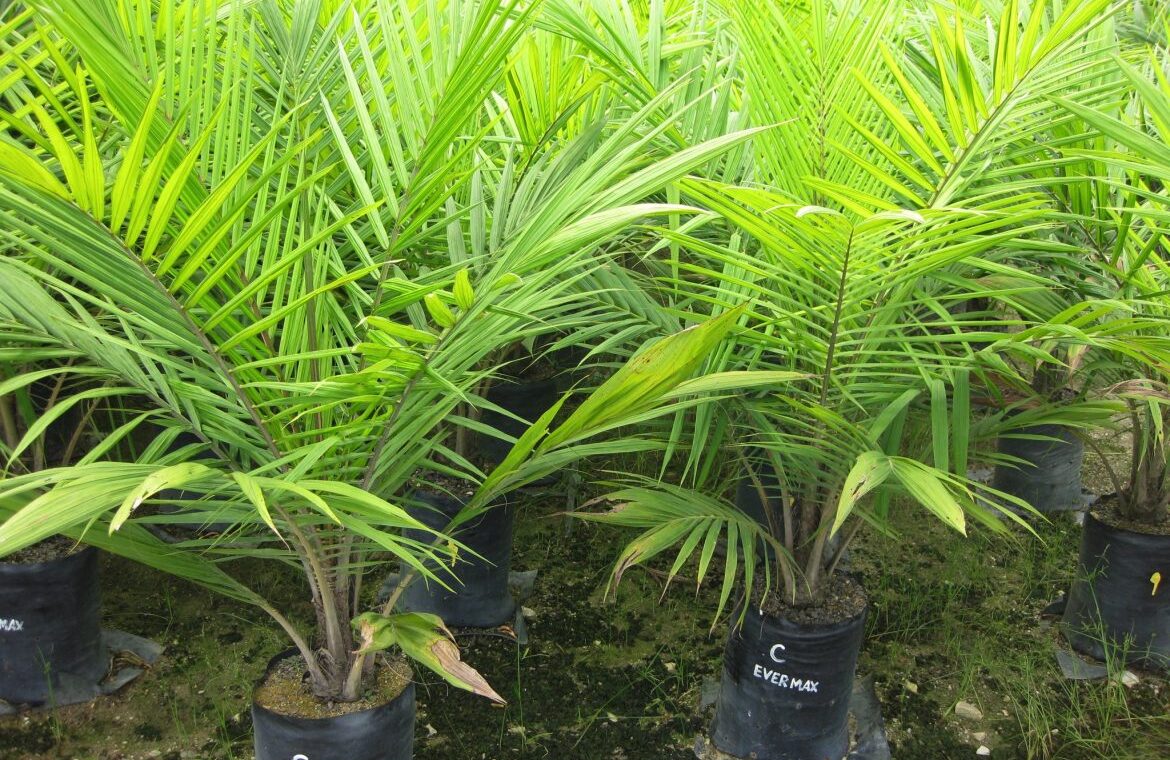Palm oil has faced global scrutiny due to deforestation, labor concerns, and biodiversity loss. However, the industry is undergoing a shift toward more sustainable practices. Certifications like RSPO (Roundtable on Sustainable Palm Oil) and ISPO (Indonesian Sustainable Palm Oil) promote environmentally and socially responsible production. Sustainability starts at the farm: protecting high conservation value areas, avoiding slash-and-burn land clearing, and using integrated pest management instead of harmful chemicals. In mills, waste is now often converted into bioenergy or compost. Traceability — knowing where every drop of oil comes from — is another growing focus. Consumer demand is also pushing companies to adopt sustainable sourcing policies. For smallholders, training and financial access are essential to participate in the green transformation. Though challenges remain, the push for sustainability is changing how palm oil is grown and produced. The future of palm oil lies in balancing profitability with environmental and social responsibility



